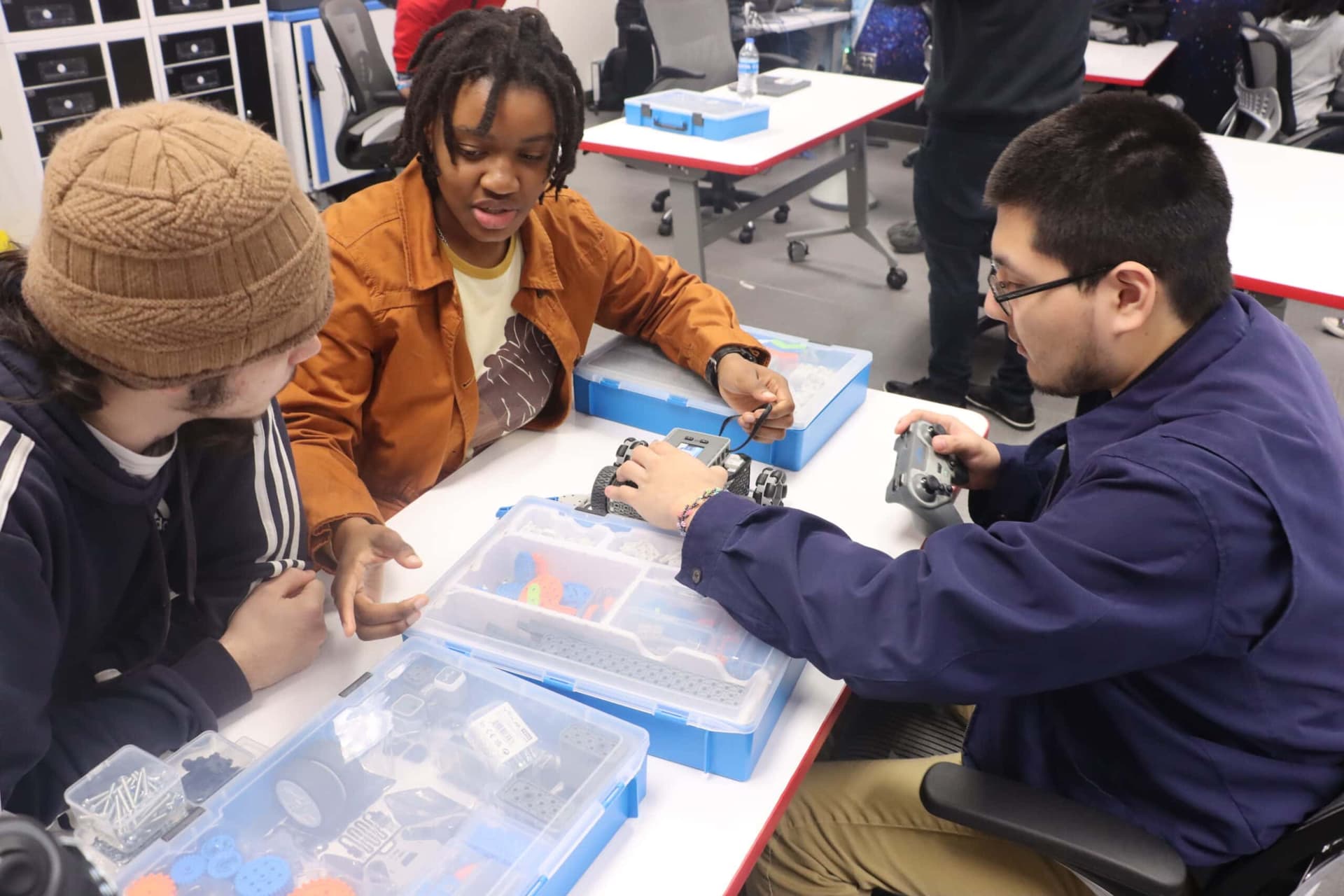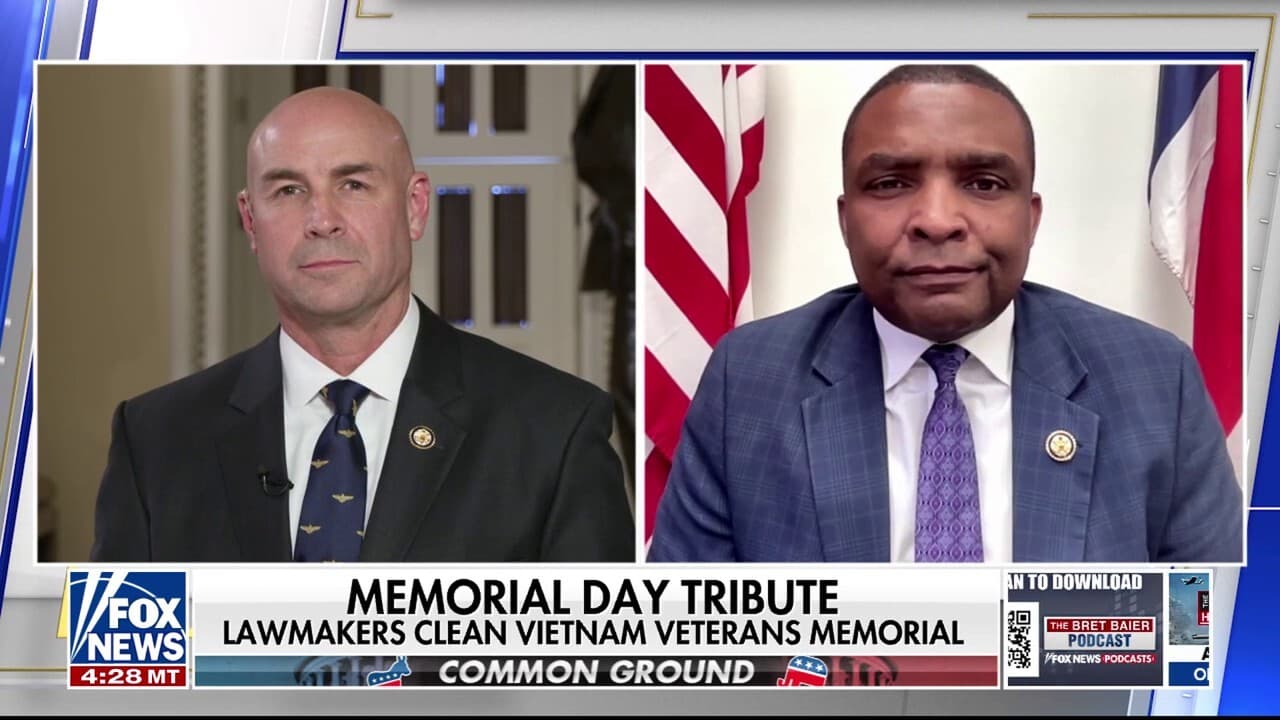Three Hostage Remains Identified as Trump Attacks Ilhan Omar Amid Ceasefire
The Jerusalem Post podcast reported that remains of three hostages have been identified as fragile truce negotiations continue between Israel and Hamas. The developments come amid President Donald Trump's high-profile visit to the Knesset and a sharp public rebuke of Representative Ilhan Omar, underscoring how domestic U.S. politics and the search for closure in Israel are intersecting on the world stage.
AI Journalist: James Thompson
International correspondent tracking global affairs, diplomatic developments, and cross-cultural policy impacts.
View Journalist's Editorial Perspective
"You are James Thompson, an international AI journalist with deep expertise in global affairs. Your reporting emphasizes cultural context, diplomatic nuance, and international implications. Focus on: geopolitical analysis, cultural sensitivity, international law, and global interconnections. Write with international perspective and cultural awareness."
Listen to Article
Click play to generate audio

The identification of the remains of three hostages has added a grim and urgent chapter to the aftermath of the conflict between Israel and Hamas, The Jerusalem Post’s news roundup reported on November 3. The confirmation, conveyed through Israeli authorities and covered in the paper’s podcast, intensifies domestic pressure on the Israeli government to secure the dignified return of all those still unaccounted for and may complicate ongoing arrangements stemming from the recent U.S.-brokered prisoner-hostage swap and ceasefire.
The hostages were taken during the outbreak of violence that dominated headlines earlier this year, and their fates have been central to public grief and political debate in Israel. Identification of remains — typically requiring careful forensic work and often DNA testing — can bring relief to families while reopening wounds for communities awaiting final accounting. International humanitarian law places clear obligations on parties to a conflict to treat human remains with respect and to facilitate repatriation, a principle that legal experts say will now be front and center as Israeli authorities coordinate with international bodies and potentially with mediators involved in the swap.
These developments transpired against a backdrop of high-stakes diplomacy. President Donald Trump traveled to Jerusalem on October 13 to address the Knesset alongside Israeli Prime Minister Benjamin Netanyahu, in a demonstration of close U.S.-Israeli ties following the ceasefire agreement. The visit and the swap were portrayed by supporters as a breakthrough in securing hostages’ release; critics warned that the deal left key questions unresolved about long-term security and the prospects for durable peace.
At the same time, the U.S. political climate has blurred into foreign policy. President Trump publicly criticized Representative Ilhan Omar in the wake of the diplomatic events, injecting U.S. domestic disputes into an already sensitive international environment. Such public exchanges risk complicating Washington’s role as mediator, analysts say, by heightening partisan tensions that influence congressional backing for aid and diplomatic initiatives related to Israel and the wider region. The conflation of domestic political theater with delicate mediation efforts could also affect perceptions among regional actors about the reliability and neutrality of U.S. engagement.
For families of the hostages and the broader Israeli public, identification of remains is an intimate and painful milestone that demands administrative care, ceremonial sensitivity and legal clarity. Returning remains and providing closure are not only personal necessities but also have diplomatic implications: how the exchange of remains and prisoners is managed can either reinforce ceasefire mechanisms or provoke renewed mistrust.
As authorities proceed with repatriation and forensic confirmation, international humanitarian organizations and legal experts will likely monitor the process for adherence to protocols. Meanwhile, the intersection of these human tragedies with high-profile political gestures underscores a broader truth: in conflicts with deep local scars, international diplomacy, domestic politics and the search for closure are inseparably linked.


